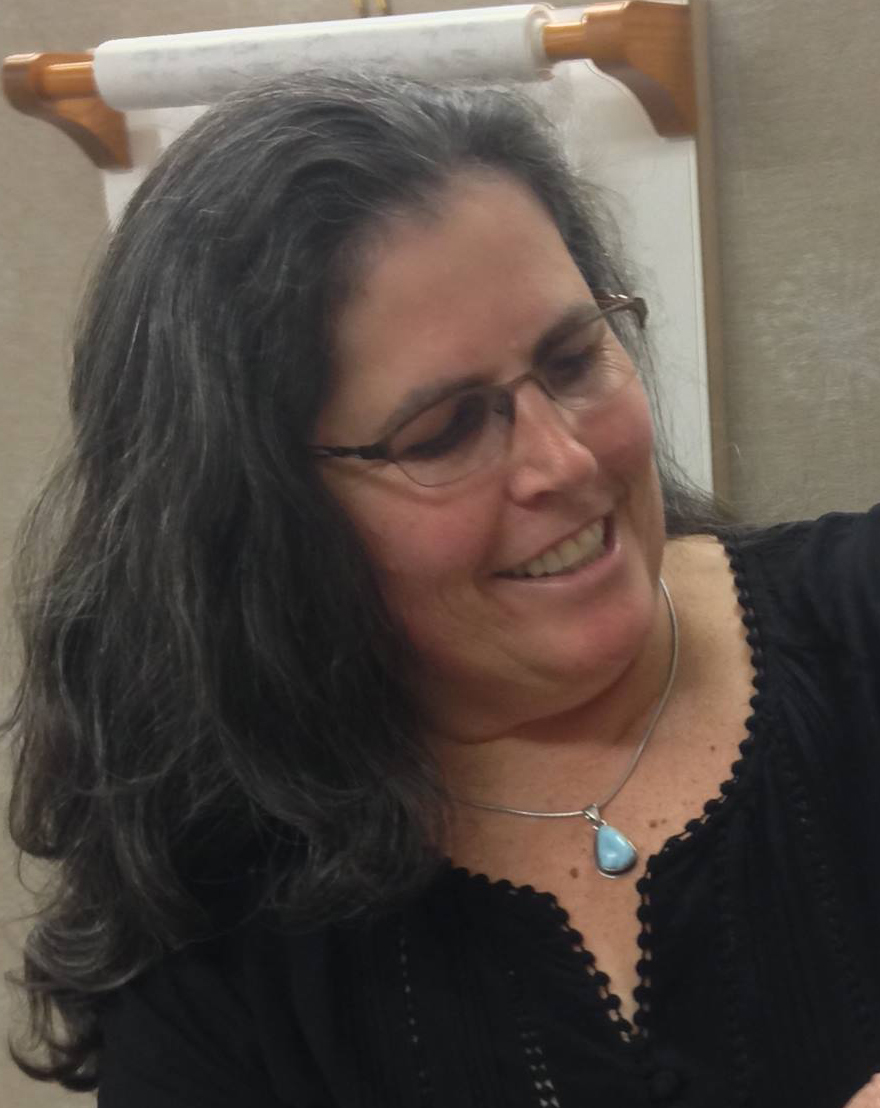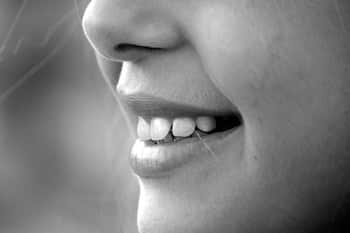Birth Matters: December 2018
By Laura Maxson, LM

Any parent blindsided by a toddler’s unexpected need for extensive dental work knows how shocking this news can be. But it happens more often than most parents know. It’s good to start learning about those baby teeth before they appear.
Get to the dentist before there is a problem
This provides an opportunity to discuss good dental health habits and troubleshoot issues specific to your child. The American Dental Association recommends a first visit six months after the first tooth appears or by age one. According to the study, Age at and reasons for the first dental visit (link below), parents can receive mixed messages about when children should see the dentist for the first time, with some dentists suggesting to wait until age 2 or 3. The study also found that the majority of first visits actually happened between ages 3 to 6 and were due to cavities – most parents are missing the initial early visit.
There are a variety of factors that can influence vulnerability to tooth decay.
Obviously, neglecting brushing is a big risk factor, but some kids never brush well and still don’t get cavities. This can be because one of the culprits in dental caries is a bacteria called Streptococcus mutans (S. mutans). This bacteria is responsible for causing tooth decay in about 20% of the population. Present in saliva, the bacteria is passed to babies through saliva to saliva exchanges such as wet kisses, sharing chewed foods, or putting pacifiers in adult mouths to clean them.
Some baby teeth can have defects in their enamel before they even break through the gums.
Damage can take place in pregnancy as teeth are developing, due to maternal illnesses or medications, and after the baby is born related to antibiotics given to the baby in the first year of life for illnesses such as ear infections. Teeth with both enamel defects and the presence of S. mutans bacteria can be the most vulnerable. The bacteria make saliva higher in acid, interacting with foods/sugars to hasten decay. Food on teeth mixed with breastmilk is not a good situation. This makes a strong case for good brushing before bed and no snacks after brushing. Breastmilk alone is not a cause of decay; in fact, components in breastmilk actually kill the S.mutans bacteria.
Weaning from breastfeeding often means feedings are replaced by another food or liquid that does not have the amazing and irreplaceable overall health benefits of breastmilk.
Some dentists’ recommendations about breastfeeding can cause undue stress about night nursing and push for early weaning. National and global breastfeeding recommendations are for breastfeeding through the second year and beyond. According to Dr. Jack Newman’s Guide to Breastfeeding, Jack Newman and Teresa Pitman, 2014, p 352 “What dentists don’t see is that the vast majority of children who are nursed during the night do not get cavities. Since those who do end up at the dentist’s office, the doctor often concludes that this is a common problem for children nursing past the first year of life. It isn’t. Even if the child is brought to the dentist for a routine check, the dentist will not usually ask about night nursing unless the child has cavities. Most dentists probably have no idea that some or even many of their cavity-free 18-month old patients are still breastfeeding at night.”
Make dental health decisions around breastfeeding after considering other information.
Recommendations are a basis for decisions. Some dentists may have little or no actual breastfeeding knowledge and parents, of course, know their children best. Kelly Bonyata, BS, IBCLC, (Kellymom.com) helps parents understand why some children seem to suffer with dental problems more than others in her article, Is Breastfeeding Linked to Tooth Decay? (link below). Breastfeeding helps protect teeth. When parents feel pressure to wean from breastfeeding it often means replacing breastfeeds with other foods or liquids that have no protective benefits. Parents going through the pain and expense of weeks or months of dental work on their toddler can feel confused and conflicted about breastfeeding recommendations.
What is your child eating?
Kellymom says, “Much research indicates that it’s the other foods in baby’s diet (rather than breastmilk) that tend to be the main problem when it comes to tooth decay.” Our modern diets can be much higher in sugars and sticky snacks than nature intended.
Check teeth regularly.
Parents have the most access to baby’s teeth – don’t forget to check them out. In the article, Avoiding tooth decay in toddlers (link below) parents are provided with tips such as checking baby’s teeth for problem areas, brushing ideas and more.
www.Birthnet.org for breastfeeding resources
Is Breastfeeding Linked to Tooth Decay? – www.kellymom.com/ages/older-infant/tooth-decay
Age at and reasons for the first dental visit. – www.ncbi.nlm.nih.gov/pubmed/21462893
Avoiding tooth decay in toddlers – www.breastfeeding.support/avoiding-tooth-decay-toddlers
Laura Maxson has been the director of Birth Network since 1998. She became an advocate in the early ’80s after experiencing a lack of information and choice around birth and breastfeeding. Laura has worked as a breastfeeding counselor, childbirth educator, doula, and homebirth midwife.







